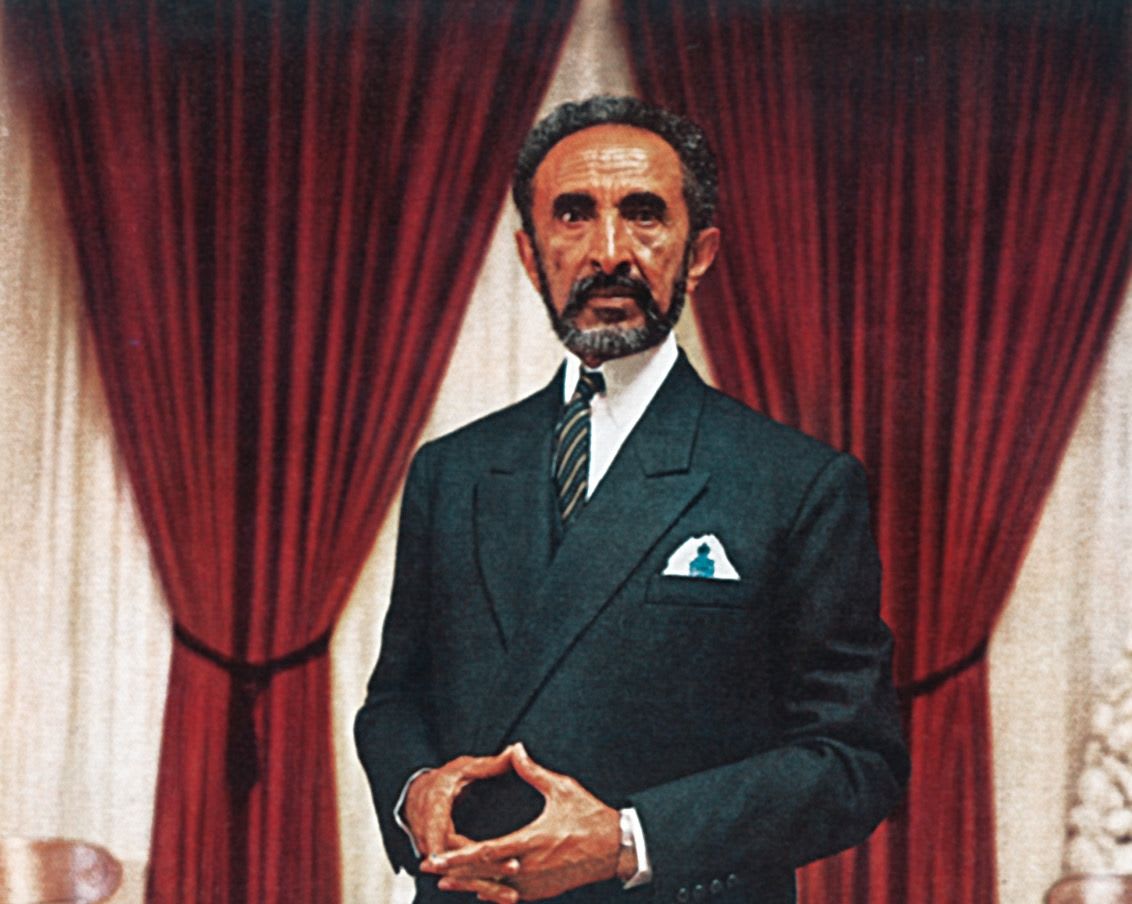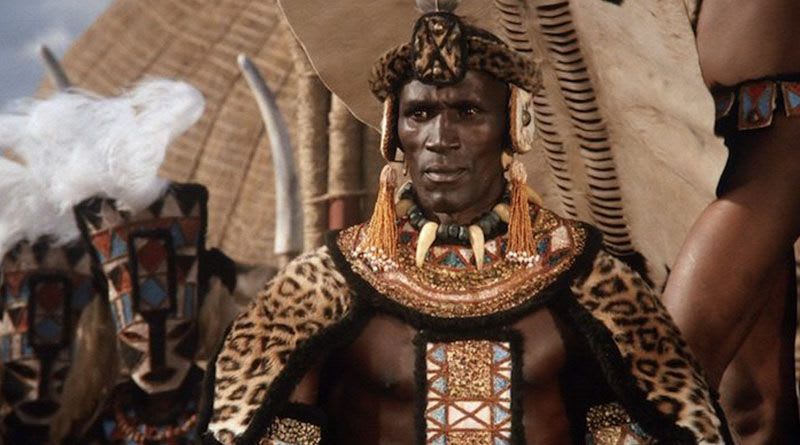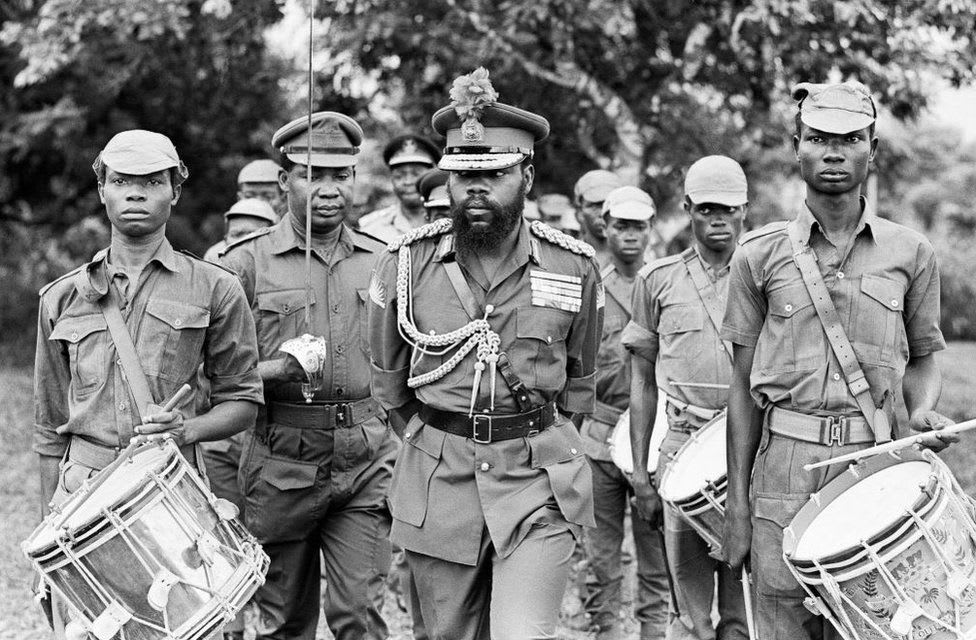Over the last 90 years, Emperor Haile Selassie's policies have divided Ethiopia. His legacy has sparked a lot of debate. Some people remember him as a kind emperor who fought Italian imperialism and modernized Ethiopia. Others regard him as a god, while others regard him as a despot.
Selassie governed Ethiopia from 1930 until he was removed by a military coup in 1974. He viewed himself as the direct descendant of King Solomon and the Queen of Sheba. Rastafarians throughout the world adored Emperor Selassie. Even after his death, he continues to live through the lyrics of Jamaican musicians such as the late Bob Marley.
After Selassie’s statue was erected in front of the African Union headquarters in 2019, many have questioned his legacy. Many Ethiopians still regard the emperor as one of the country's finest modernizers, 45 years after his death. However, others have argued that Selassie was a dictator who allowed his people to starve to death during famines.
Haile Selassie’s Achievements
Selassie is credited with defeating Mussolini's soldiers in 1937. He was able to keep his country's independence with the support of the United Kingdom. Ethiopia is the only African country that has never been colonized, despite being militarily occupied by the Italians for five years.
The emperor also influenced Ethiopia through his reforms, including the founding of Ethiopian Airlines. The airline is one of the best in the region, and it contributes greatly to the country’s GDP.
University of Addis Ababa was also built by Selassie. He is widely credited with expanding tertiary education in Ethiopia.
Selassie’s choice to build the headquarters of the Organization of African Unity, today known as the African Union, in Ethiopia's capital remains his greatest success. Through that, Selassie is regarded as one of the African Union (AU) founding fathers.
His aura reached far beyond the continent of Africa. Selassie is revered by the Rastafarian movement, which sees him as the reincarnation of Jesus Christ. Meanwhile, singer Bob Marley commemorated his 1963 UN speech decrying Italian fascist atrocities in the song "War" in 1976.
The Dark Side of Haile Selassie
Emperor Selassie was in charge of Ethiopia during the devastating famines of 1958, 1966, and 1973. His legacy has been tarnished by the memories of his lavish $35 million birthday party held when his people were starving to death. Hundreds of thousands of people died as a result of his inaction, which eventually led to his demise.
Those who have only heard about Selassie through reggae music have formed the notion that he was a fatherly, benevolent monarch and a defender of black people. This portrayal of Selassie, on the other hand, is inaccurate.
Facts do not support the impression that Selassie was a proud African and a champion for black people. He only reluctantly accepted the Rastafarians because he saw the usefulness of their public relations to his cult of personality.
Selassie revered white foreigners more than his own people. He regularly invited Americans and Europeans to his opulent banquets at his palace. In addition, his global popularity was due to his status as a Western puppet.
Selassie was notorious for taking unwarranted credit for the accomplishments of others. An Eritrean named Lorenzo Taezaz, for example, helped to improve Selassie's image during the Italian invasion of Ethiopia. While the Emperor was in exile in Bath, England, Taezaz sneaked into Ethiopia and organized an army that defeated the Italians.
Marcus Garvey called Selassie a "great coward" for escaping Mussolini's troops during the Italian invasion of Ethiopia in 1935. However, Selassie took all the credit.
In addition, Taezaz is largely credited with writing a notable speech delivered by Selassie at the League of Nations in 1936. It was through this speech that Selassie became known as a statesman and a champion of his people. However, Selassie repaid Taezaz by demoting him from his position as Foreign Minister.
Haile Selassie clung to power through repression, as well as the assassination and silence of true patriots. He was especially harsh on Ethiopian nationalists who fought the Italians while he was fleeing to Britain. On his orders, Belay Zeleke, a national military hero and hanged on his orders.
In Tigray, Selassie is noted for urging the British Royal Air Force to bomb the province in 1943 in order to quash the first Woyane Rebellion. After Italy's defeat by the British in 1941, he cemented his position by weakening the provinces. The current problems and war in the Tigray region can be traced back to Selassie’s days.
Haile Selassie’s legacy is polarizing in Ethiopia. Invoking Selassie divides communities because it offends some people. The Oromo ethnic group sees the celebration of Selassie as a source of their oppression and suffering.









